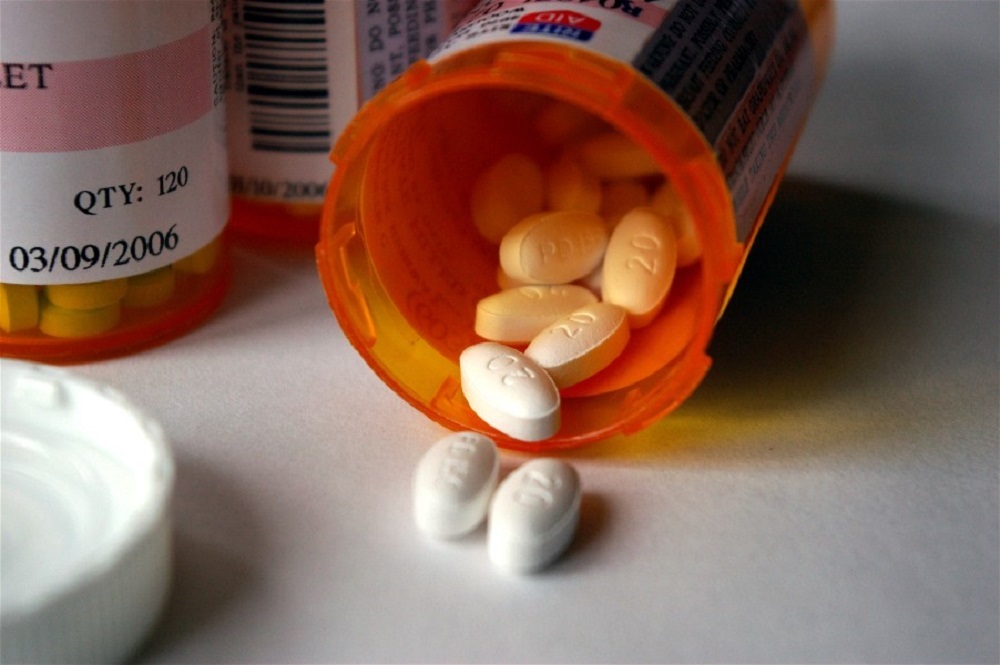
Lawmakers are committed to reauthorizing drug user fee agreements well before the present ones expire at the end of September, a House of Representatives committee hearing was told Wednesday.
But the process is complicated by the advent of a new administration and its policy and budget statements, while Congress discusses agreements that were hammered out between the previous administration and the pharmaceutical industry.
Rep. Michael Burgess (R-TX), chairing a Health Subcommittee hearing on prescription drug user fees, pledged he and his fellow lawmakers will work to make sure the new agreements are in place so that the Food and Drug Administration (FDA) reviewers will not be receiving pink slips 60 days before the current agreements expire.
Drug user fees are collected from the pharmaceutical and medical device manufacturing industries to pay most of the cost of reviewing and approving new products. In place for prescription drugs since 1992, after which bio-similars, medical devices and generics were added, the agreements must be reauthorized by Congress every five years. Separate hearings have been held on biosimilars, generics and devices.
Jeff Allen, president of the Friends of Cancer Research, said his take from the committee hearing was that all the stake holders, including members of Congress, have agreed the process has to be completed in a timely manner.
"I would say that the new administration adds an extra step to the process compared to the last five reauthorizations," Allen told Patient Daily following his appearance before the committee. It has not happened before that a new administration has taken over after agreements have to a large degree been reached.
It is unclear whether President Donald Trump or his pick as head of the FDA, Scott Gottlieb, want to involve themselves in the process, and to what extent, Allen said.
"There is not enough information," he added.
Trump's budget proposal states that the FDA's budget will not be increased but that the administration wants the user fees to double to $2 billion in 2018.
“In a constrained budget environment, industries that benefit from FDA’s approval can and should pay for their share,” the budget outline said.
The administration also wants a “package of administrative actions designed to achieve regulatory efficiency and speed the development of safe and effective medical products."
These positions have left some "a little on edge," as they wonder whether the administration wants to do some things differently, Allen said.
He said that the idea of speeding up the process of review and approval is not new to this administration, but what often happens is that those incoming "come to the realization that the FDA is not necessarily the barrier."
Further, much has been done to make the U.S. much faster than Europe, for example, when it comes to the speed of approval, Allen said. This includes the fast tracking of promising new medications, or "breakthrough therapies," introduced under the 2012 agreements and provisions in the recently signed 21st Century Cures Act.
In briefings following the budget announcement, the pharmaceutical industry stated the language in the Department of Health and Human Services budget is limited and ambiguous. It wants clarity to understand the potential impact on the industry.
In a statement issued to Patient Daily following the hearing, Pharmaceutical Research and Manufacturers of America (PhRMA) president and CEO Stephen J. Ubl said the industry's position is that "user fees are an important mechanism to support the critical work" of the FDA.
"Moving the Prescription Drug, Biosimilar and Generic Drug User Fee Acts forward in a timely manner is important to support FDA’s mission of protecting public health and promoting innovation, to enhance the competitive market for treatments and to get medicines to patients in need," Ubl said.
In testimony to the committee, Anne Pritchett, PhRMA vice president of policy and research, said the prescription drug agreement "supports common sense reforms that provide greater predictability for the Agency."
"These reforms include reducing FDA’s administrative burden and operating expenses for the PDUFA program without compromising the human drug review program performance, regulatory review standards or patient safety," Pritchett said.
Rep. Burgess said he and Energy and Commerce Committee Chairman Rep. Greg Walden (R-OR) are committed to shepherding the user fee agreement through committee and on to the floor of the House. They want to do so well before the end of the current five-year run.
The reauthorization process is "an opportunity to examine and improve upon the state of discovery, development and delivery of medical therapies in America," Burgess said in his opening statement at the hearing.
He also cited as an example the 2012 reauthorization bill, which established the "breakthrough therapy" process.
Burgess added that he hoped the drug user fee program will complement the 21st Century Cures Act, which includes provisions designed to help the FDA streamline its work. He welcomed assurances given at the hearing from the FDA's Dr. Janet Woodcock, who promised much greater patient input into the process of approving medications.
"We are committed to keeping the reauthorization process on track though we all know there are competing influences this year," Burgess said. "It's widely agreed that PDUFA will provide for a timely review of drugs and new biomedical licence applications. That is a good thing."
Allen, the cancer research advocate, said his main concern is not over the new administration's policies, more the mechanics of pushing through the needed legislation in a year when so much else is going on legislatively with health and in so many other areas.